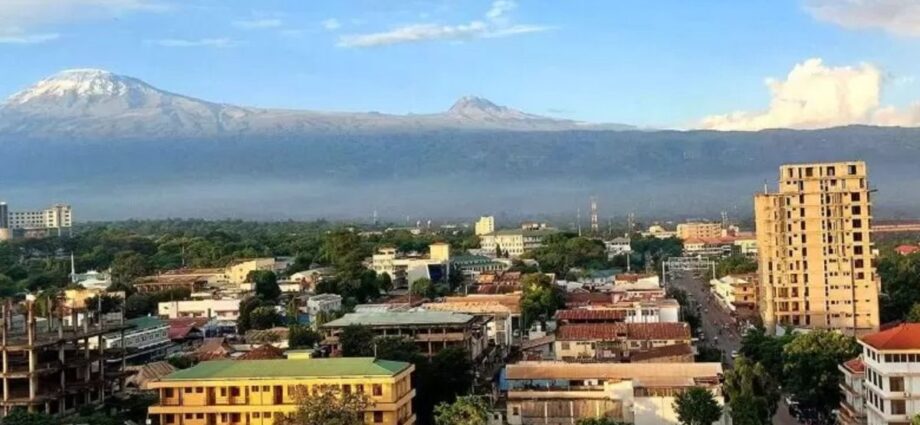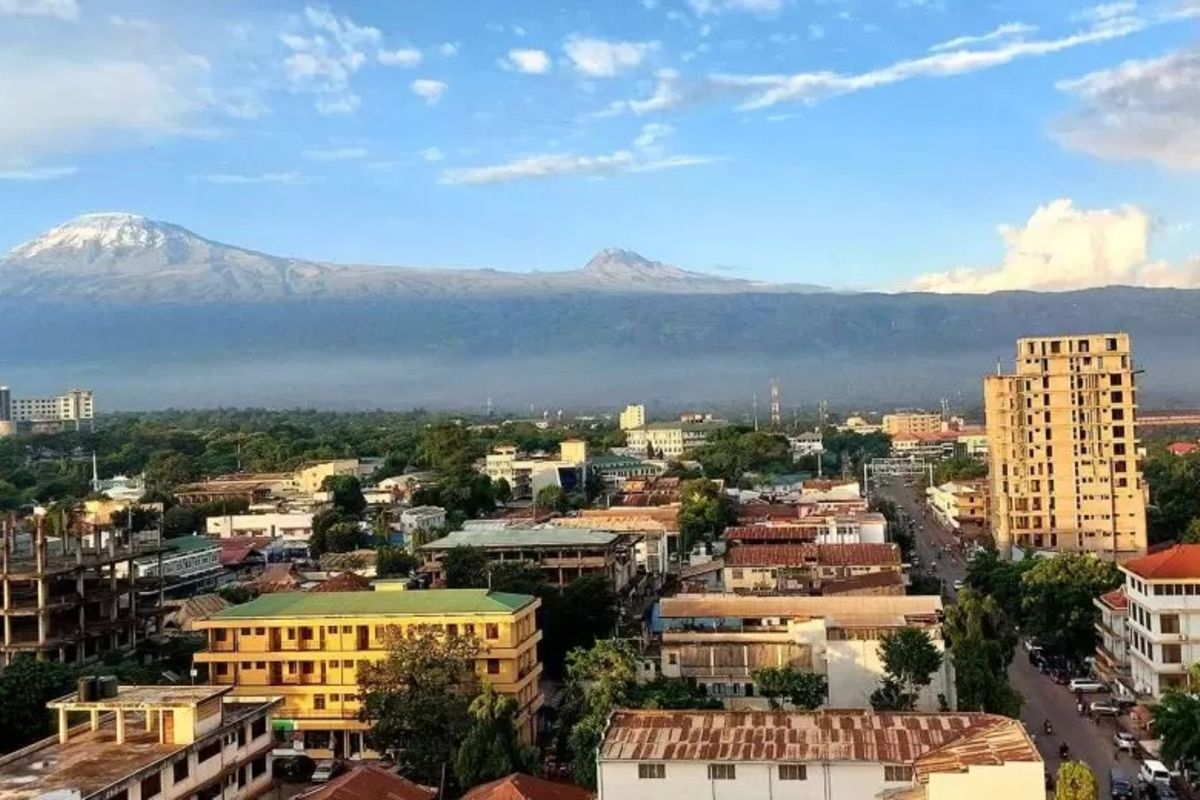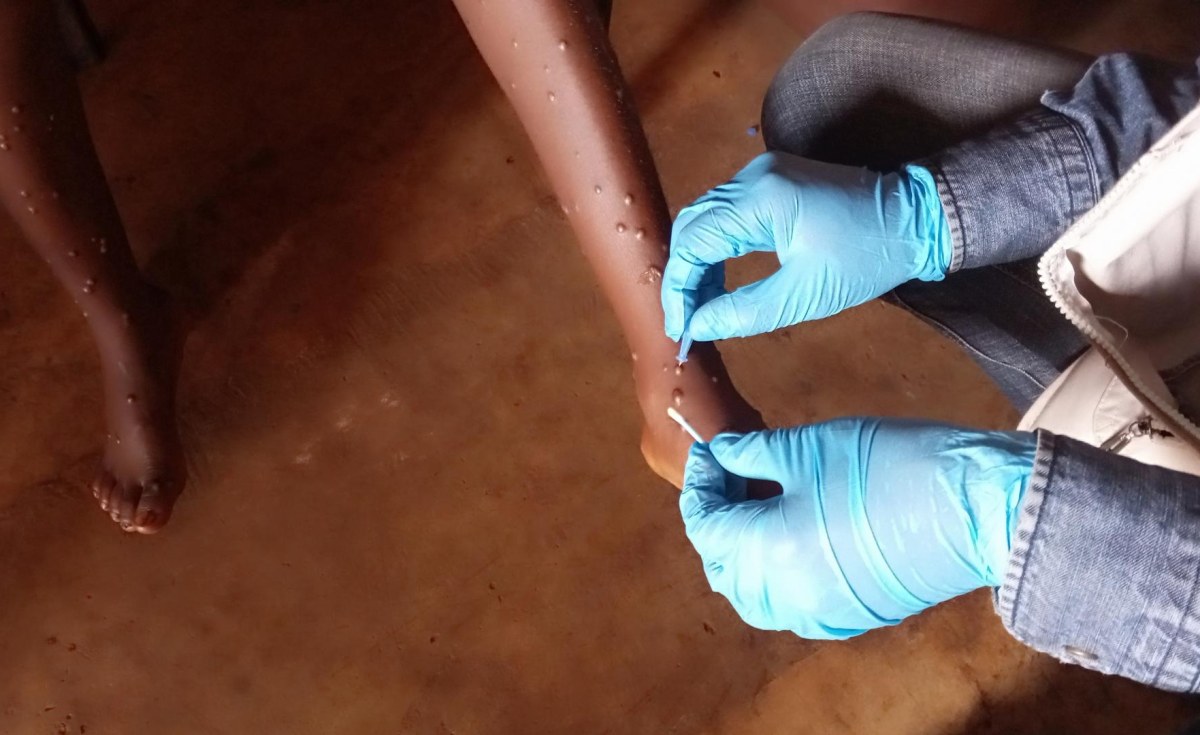The town of Moshi often serves as a gateway to the majestic Mount Kilimanjaro, but this town also boasts a unique identity. My recent visit, unlike previous hurried stops, accorded me the opportunity to know Moshi a bit more intimately.
Eager to explore Moshi upon arrival, I wasted no time after checking into my hotel. While chatting with the maître d’, a breakfast recommendation kept popping up: Chris Burger. Intrigued by the repeated suggestion, and my rumbling stomach, I decided to head there. During my walk, I called some friends in Moshi to let them know I’d arrived. One friend suggested we meet for breakfast. To pass the time, I wandered into Viva Supermarket – you can learn a lot about a place by browsing its shelves. Guess where my friend took me when he arrived? Chris Burger!
I met the cafe’s namesake, Christopher Aikawo Shayo. I told him how curious it was to have heard of his café three times in one hour from different people. I took his number promising to find time to talk to him later.
Shayo, now in his seventies, a hotelier with a remarkable history, holds encyclopaedic knowledge of Moshi. He recounted his journey, from launching coffee bars for Tanzania Tourist Corporation (owner of many a state-owned hotel then) to opening Chris Burger in 1980, which blossomed from a humble alleyway eatery to a thriving enterprise. His story mirrored the path of many in Moshi.
One of the things that a visitor in Moshi observes is that, despite its popularity, Moshi is not that big. There are very few high-rise buildings if you can call them that. But it is quite ominous to see that there are very few buildings rising. Yet, delve deeper, and a different narrative unfolds. The deaths of industries like Kibo Match, coffee processing, tanneries, and machine tools forced residents to carve out their own entrepreneurial paths. While that fosters innovation, a crucial element remains elusive – growth.
“Unfortunately, Moshi’s town centre isn’t growing,” declared Chris. “It is very difficult to do business here. While people start earning their stripes as entrepreneurs here, they soon have to leave to find better prospects elsewhere. In that sense, Moshi is Tanzania’s entrepreneurial oasis, a launchpad for many a business enterprise in other regions.”
For those of us who spent significant time in the north, we cannot think of Moshi without comparing it with Arusha. These are supposed to be twin cities – they are all in the northern tourist circuit with significant social and cultural cross-fertilisation, they both use Kilimanjaro International Airport, but the two cities are remarkably different. While Arusha is dynamic and growing rapidly, Moshi is not so much. Similarly, tourism thrives in Arusha, but in Moshi people who come to climb Mount Kilimanjaro usually don’t plan to spend nights there, leaving hotel business struggling. I hear that 160 hotel rooms within an NSSF commercial complex have remained vacant for years.
While a relatively small population, limited employment and money circulation restrict local businesses from reaching their full potential, Moshi isn’t without its strengths. Traditionally, the town boasts a strong academic scene. It was once a haven for competitive secondary schools when such options were scarce elsewhere. While Moshi’s secondary education may not be as dominant anymore, its tertiary education flourishes. With over a dozen colleges and universities, Moshi surpasses most regions in Tanzania that lack even one degree-offering institution within their borders.
This academic strength is particularly evident around the KCMC area, accessed through Lunguo Road. Here, universities like Mwenge, KCMC, and Ushirika create a vibrant atmosphere. Nightlife thrives, businesses are successful, and the Shanty Town and KCMC neighbourhoods pulsate with life. This robust academic environment might just be the key to Moshi’s revival after all as young men and women flock from across the regions to get some education and ultimately settle in Moshi.
A new trend is emerging in Kilimanjaro – cultural tourism. While the Chagga people traditionally return to their ancestral lands around Kilimanjaro during holidays, this cultural celebration is increasingly attracting visitors. This influx of tourists is boosting the people’s economic prospects as houses are opened for Airbnb arrangements.
This trend shows no signs of slowing down. Moshi, despite its limitations in growth, is overflowing with bank branches. This is a testament to the ongoing flow of money. Chagga people working elsewhere send their earnings back home, supporting the development of rural areas. This will continue to be an envy of many a city dweller out there: perhaps city life isn’t all it’s cracked up to be!
Moshi’s charm extends beyond its stunning location. The true heart of the town lies in its people. Renowned for their resilience, they form the backbone of Moshi and the surrounding region. It is difficult to ever bet against Moshi.
Experiencing Moshi wouldn’t be complete without indulging in the last-minute legendary fare at Chris Burger. The samosas, chapatis, and tea, prepared by the same dedicated cook since 1980, are a testament to the town’s enduring spirit.
That’s longevity.















